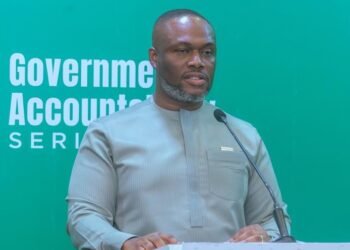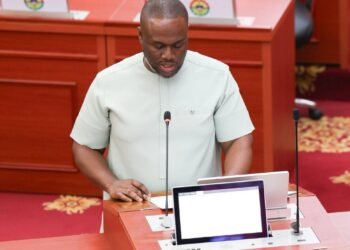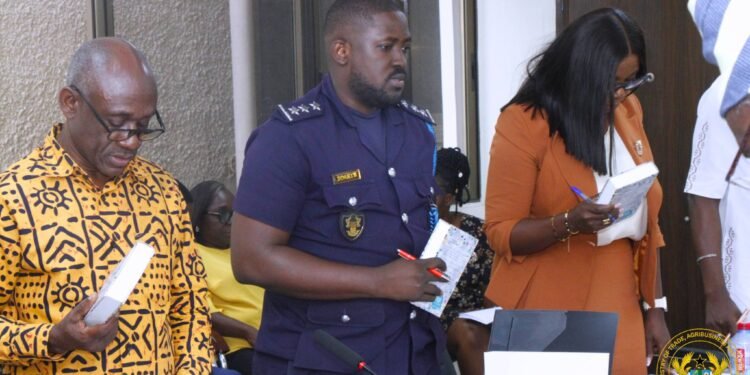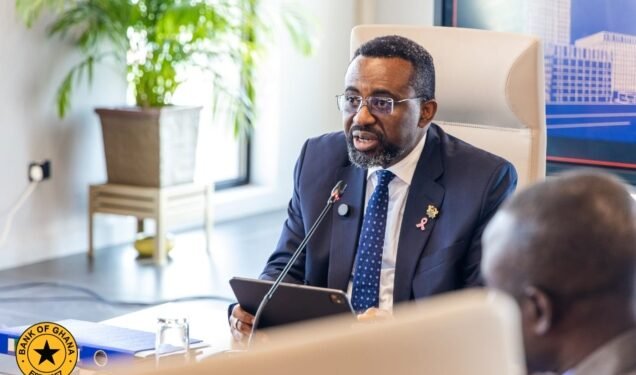The release of the 2024 West African Senior School Certificate Examination (WASSCE) results has sparked intense discussions about the quality of high school education in Ghana.
While Core Mathematics improved slightly, performances in other core subjects, including Integrated Science, English Language, and Social Studies, declined compared to 2023, raising questions about the effectiveness of Ghana’s education policies and interventions.
Data provided by Kofi Asare, Executive Director of Africa Education Watch (Eduwatch), painted a concerning picture. The pass rate in Core Mathematics increased to 66.86%—the highest since 2021. However, this glimmer of hope is overshadowed by a decline in the other three core subjects.
“WASSCE results are out. With the exception of Core Mathematics which saw improvement from 2023, the results indicate a decline in candidates’ performance in all Core Subjects compared to 2023. The 66.86% Pass in Core Math is the highest since 2021. The 58.77% Pass in Integrated Science is the lowest since 2021.”
Kofi Asare, Executive Director of Africa Education Watch (Eduwatch)
The increase in candidates involved in examination malpractices further compounds the issue. The Executive Director of the leading education think-tank pointed out that the number of students with cancelled subject results rose by 2.3% from 4,486 in 2023 to 4,591 in 2024 due to infractions such as smuggling foreign materials and using mobile phones.

Additionally, Mr Asare indicated that 319 schools—up from 235 in 2023—had candidates’ subject results withheld due to suspected collusion, reflecting a troubling culture of academic dishonesty.
Policy Failures or Systemic Challenges?
Echoing Kofi Asare’s concerns, Alfred Appiah, a seasoned Data and Policy Analyst, offered a critical perspective on these results. He questioned whether the decline in performance across three out of four core subjects signals a deterioration in the quality of high school education in Ghana.
“If WASSCE performance in core subjects serves as a proxy for assessing educational quality, as often emphasized by policymakers and government officials, then these results demand urgent reflection”.
Alfred Appiah, a seasoned Data and Policy Analyst
Over the years, the government has touted initiatives such as the Free Senior High School (Free SHS) policy as transformative interventions aimed at improving access and quality.
Yet, the current data suggest that access may not necessarily equate to improved outcomes. The sharp decline in Integrated Science—a subject crucial for STEM education—raises concerns about Ghana’s readiness to compete in a global economy increasingly driven by science and technology.

The increasing prevalence of examination malpractice also points to systemic weaknesses that undermine the credibility of Ghana’s education system. Despite advancements in technology and monitoring, collusion and the smuggling of unauthorized materials remain persistent challenges.
The rising number of implicated schools also suggests that malpractice is not just an individual problem but a systemic one that requires a holistic response. Addressing these challenges requires a multi-pronged approach.
At the least, the government must evaluate the effectiveness of the Free SHS policy and other interventions, focusing not just on access but also on quality and equity. Adequate resources, well-trained teachers, and modern infrastructure are critical to improving learning outcomes.
Examination bodies, school administrators, and teachers must collaborate to curb malpractice. Enhanced supervision, stricter penalties, and the deployment of technology can help restore the integrity of the examination process.
The 2024 WASSCE results are more than just statistics; they are a wake-up call for all stakeholders in Ghana’s education system.
From policymakers to parents, teachers, and students, everyone has a role to play in reversing this trend. The future of Ghana’s youth—and by extension, the nation’s socio-economic prospects—depends on how swiftly and effectively these challenges are addressed.
READ ALSO: Ghana’s Monetary Policy Framework In It’s Current State, A ‘Glaring Failure’























